
Author Mads Timmermann
Mads has 14+ years of experience as a skin expert and has written/read this article.
Introduction
Jawline acne can be a frustrating and persistent issue for many individuals. This form of acne usually appears on the lower part of the face, including the jawline, chin, and neck, and is often linked to hormonal imbalances. Understanding the causes and taking proactive steps for prevention can help us maintain clear and healthy skin.
One of the main culprits behind jawline acne is hormonal fluctuations, as these can cause our sebaceous glands to produce excess oil, leading to clogged pores and ultimately, acne. Other factors such as stress, poor diet, and even the use of certain cosmetic products can contribute to the prevalence of jawline acne. Fortunately, there are several tips and tricks to not only prevent but also achieve quick relief from this pesky skin concern.
In this article, we will delve into the causes of jawline acne, discuss preventative measures, and share some tips for quick relief. Implementing an effective skincare routine and following these prevention strategies can help us minimize breakouts and maintain a radiant complexion.
Causes of Jawline Acne
Jawline acne can be particularly bothersome, and understanding its causes can help us find effective prevention and treatment strategies. In this section, we will explore some common factors contributing to jawline acne, including hormonal changes, dietary factors, and lifestyle habits.
Hormonal Changes
One of the main factors contributing to jawline acne is hormonal fluctuations. During puberty, an increase in androgen hormones such as testosterone can stimulate the production of sebum, leading to clogged pores and acne development. Adult women may also experience hormonal acne around their jawline and chin due to fluctuations in hormone levels during their menstrual cycle or as a result of conditions like polycystic ovary syndrome (PCOS) (source).
Dietary Factors
Our diet can also play a role in the development of jawline acne. Research suggests that high glycemic index foods, such as refined carbohydrates and sugars, can lead to increased insulin levels and inflammation, which can contribute to acne development (source). Additionally, dairy products, particularly skim milk, have been associated with acne in some studies, possibly due to the hormones naturally present in milk or its effect on insulin-like growth factor-1 (IGF-1) levels (source).
To help minimize jawline acne, consider:
- Opting for low-glycemic index foods such as whole grains, vegetables, and legumes.
- Reducing dairy consumption or choosing organic dairy products that may contain fewer hormones.
Lifestyle Habits
Certain lifestyle habits can also contribute to jawline acne. For example, touching your face frequently, not cleaning your mobile phone, or using dirty makeup brushes can introduce bacteria and oil to the jawline area, leading to breakouts (source). Wearing tight clothing or accessories around the neck and jawline can also cause irritation and trap sweat and oil, further exacerbating acne.
To reduce jawline acne, consider adopting the following habits:
- Keeping your hands, phone, and makeup brushes clean to minimize the transfer of bacteria and oil.
- Avoiding tight clothing and accessories that can cause friction and trap oil and debris.
- Practicing good skincare habits such as cleansing the jawline area daily, exfoliating regularly to remove dead skin cells, and using oil-free, non-comedogenic products.
Prevention Tips for Jawline Acne
Personal Hygiene
Maintaining good personal hygiene is crucial for preventing jawline acne. We recommend washing your face twice a day with a gentle cleanser to remove excess oil, dirt, and makeup. Avoid using harsh scrubbing motions, as these can irritate the skin and worsen acne. When choosing skincare products, look for those labeled as non-comedogenic to ensure they won't clog pores. Additionally, avoid touching your face throughout the day, as this can transfer oils and bacteria to the jawline area, leading to breakouts.
Proper Diet
A balanced diet can play a significant role in preventing jawline acne. We suggest consuming foods rich in vitamins and minerals, such as fruits, vegetables, whole grains, and lean proteins, to support overall skin health. Limiting the intake of processed and high-sugar foods may also help reduce inflammation, which can contribute to acne flare-ups. Furthermore, studies have indicated a possible link between dairy products and acne, so it may be beneficial to reduce dairy consumption or opt for non-dairy alternatives to see if it leads to improvements in your skin.
Stress Management
Managing stress levels can also be effective in preventing jawline acne. When we're stressed, our bodies produce more cortisol and other hormones, which can stimulate the production of oil in our skin glands. This excess oil can lead to clogged pores and jawline breakouts. To manage stress, we recommend incorporating relaxation techniques such as deep breathing exercises, meditation, and yoga into your daily routine. Ensuring adequate sleep and engaging in regular physical activity can also help alleviate stress and support overall skin health.
Effective Solutions for Quick Relief
Jawline acne can be frustrating and sometimes painful, but there are several solutions available to help alleviate the problem. In this section, we will discuss three main categories of treatments for jawline acne: topical treatments, medications, and professional skin care services.
Topical Treatments
Topical treatments are applied directly to the skin and can help to clear acne by targeting affected areas. Some popular over-the-counter topical treatments include:
- Benzoyl Peroxide: This treatment works by killing bacteria that can cause acne and is available in various strengths and forms such as creams, gels, and lotions. Remember to start with lower concentrations to avoid skin irritation.
- Salicylic acid: An exfoliant that helps to unclog pores, salicylic acid is found in many over-the-counter acne treatments like face washes, creams, and spot treatments.
- Tea Tree Oil: A natural alternative, tea tree oil has anti-inflammatory and antimicrobial properties that may help to reduce acne. Dilute with a carrier oil before applying to the skin.
Always follow the instructions on the product packaging and consult with a dermatologist if you have concerns or questions about using topical treatments.
Medications
In some cases, prescription medications may be necessary to treat persistent or severe jawline acne. Options to consider include:
- Topical retinoids: Derived from vitamin A, retinoids can help to unclog pores and prevent new breakouts. They may cause initial skin irritation but yield significant improvements over time.
- Oral antibiotics: When acne is caused by a bacterial infection, oral antibiotics may be prescribed to reduce inflammation and kill bacteria. Always follow your doctor's instructions regarding dosage and duration of treatment.
- Hormonal treatments: For women who experience hormonal jawline acne, birth control pills or anti-androgen medications may help to regulate hormone levels and reduce acne breakouts.
Consult with a dermatologist to determine the most appropriate medication for your specific situation.
Professional Skin Care Services
If conventional treatments do not provide relief, consider seeking professional assistance. Some possible options include:
- Chemical peels: A chemical solution is applied to the skin, causing it to exfoliate and reveal healthier, clearer skin underneath. This treatment can help to reduce acne, scarring, and hyperpigmentation.
- Microdermabrasion: In this procedure, tiny crystals are used to exfoliate the skin and unclog pores, helping to reduce acne and improve overall skin texture.
- Laser therapy: Targeted light therapy can help to kill bacteria and reduce inflammation associated with acne. Multiple sessions may be required for optimal results.
Always consult with a qualified professional to discuss suitability, risks, and cost before undergoing any skin care treatments.
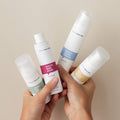
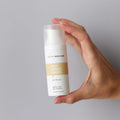
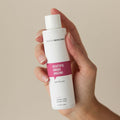
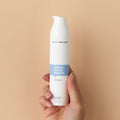
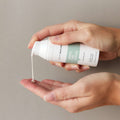
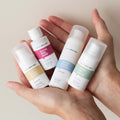
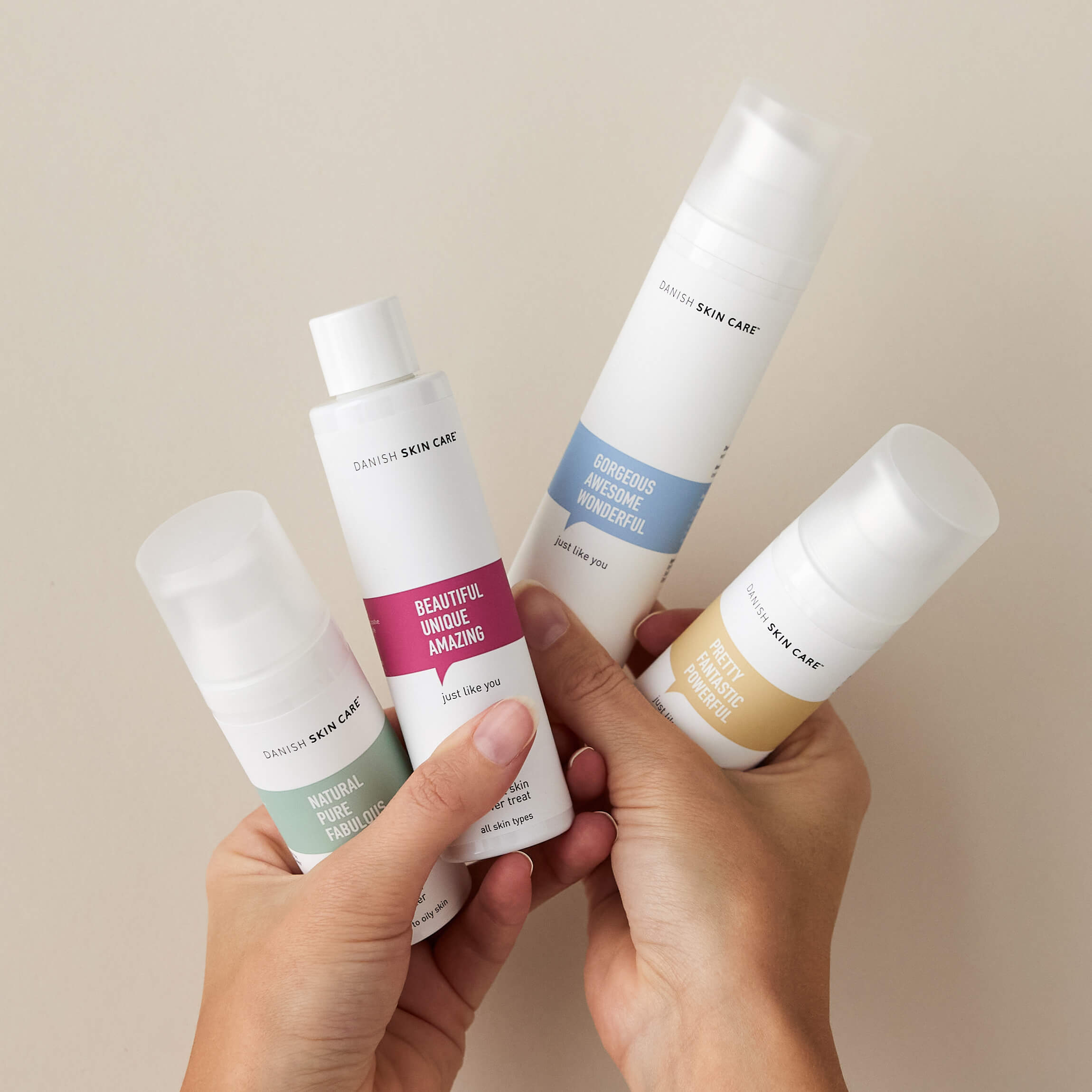
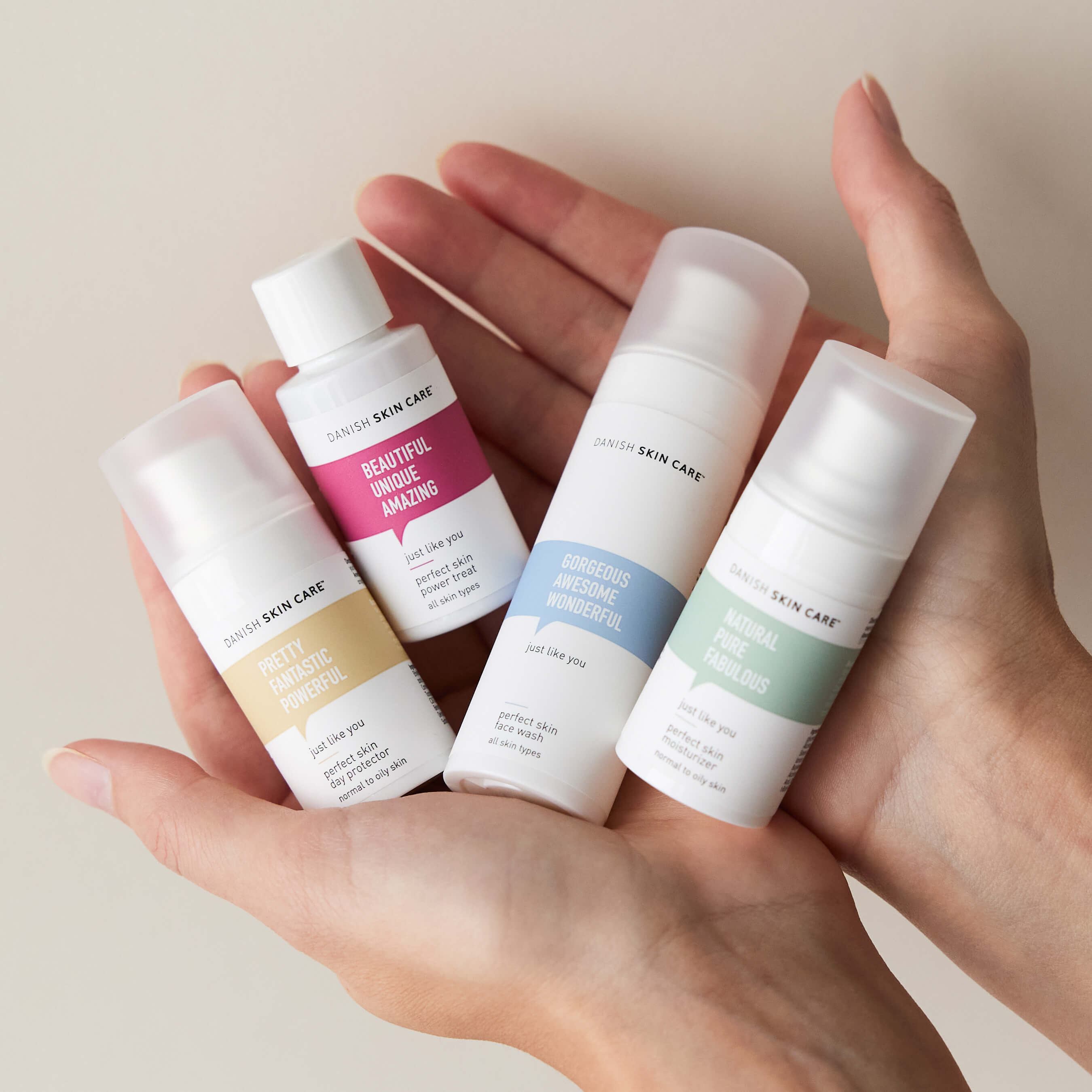

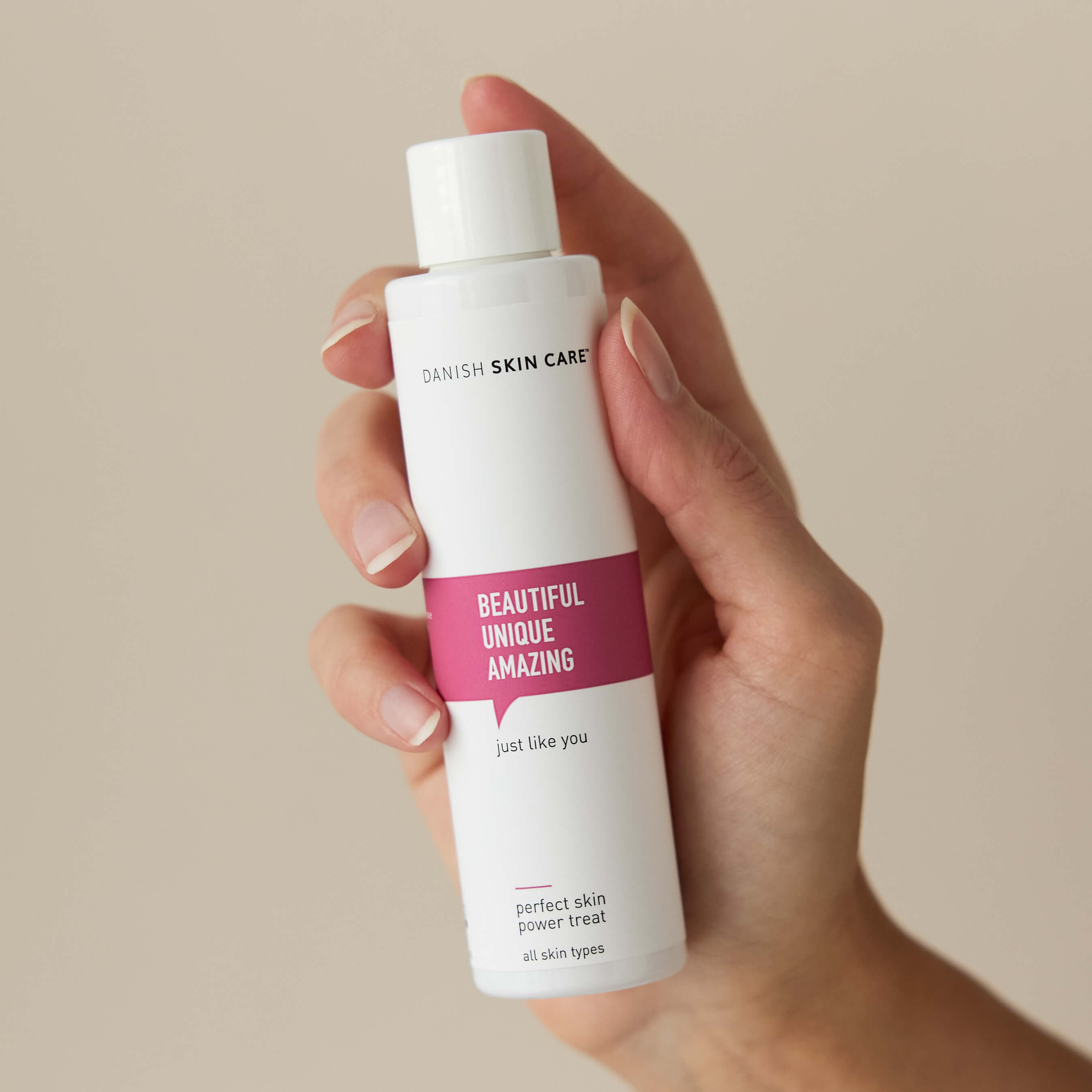


Leave a comment